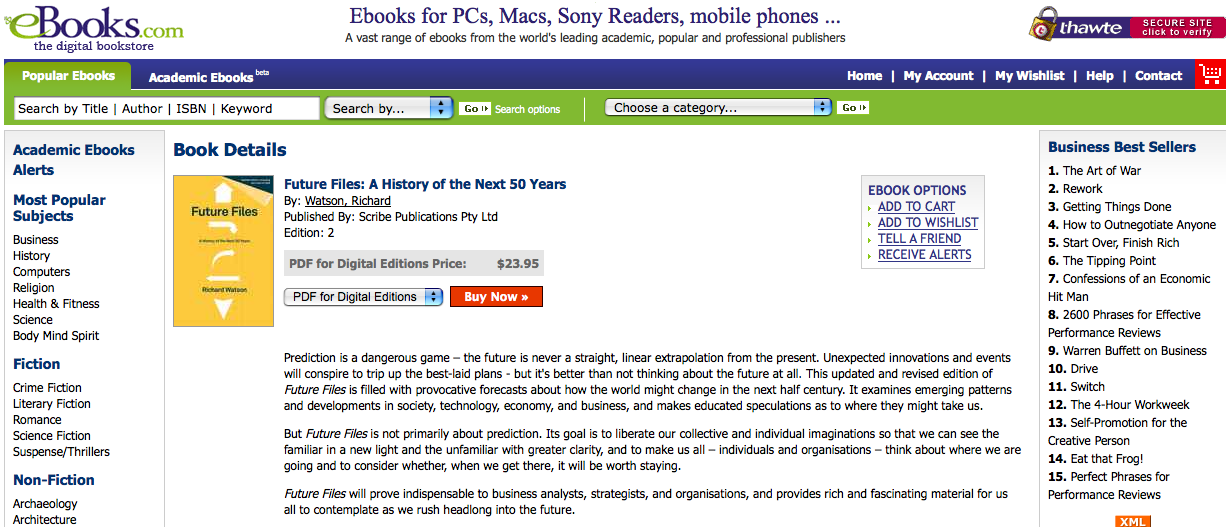OK all you egg heads out there. What’s wrong with this list?
Ten ways that our minds are currently different to our machines
1. The basis of human intelligence is experience and is based on sensory awareness of information coming in as well as our response to it. It might be tempting to think that a computer can take the place of an expert but it depends on the type of problem at hand. Computers are great at solving low-freedom, rule-based problems, such as credit scoring or medical diagnosis. Experts can out perform computers when given high freedom, rules-based problems, such as innovation, strategy formulation, and troubleshooting.
2. Machines cannot think about their own thinking — they are not self-aware or free. For instance, machines can solve some man-made problems but they cannot create problems or go beyond the rules or make connections between thoughts the way people do.
3.Human beings possess generalised intelligence — machines are programmed for specific tasks. The chance of seeing a generalised intelligence residing in a machine is low in the foreseeable future.
4. A machine lacks true senses — it can ‘know’ it is cold, but it cannot ‘feel’ cold. Thus machines cannot currently display any true level of empathy and cannot use their feelings to create artistic works or social policy.
5. Machines do not have empathy or morality and they cannot feel love, joy, hate or any other emotion. In some instances this may be highly beneficial but in others the idea of amoral machines it a cause of great concern.
6. Electronic devices are not capable of creativity, intuition or imagination.
7. People currently have mental privacy, but the workings of machines are transparent. Transparency is good in many levels but too much transparency could be harmful. Expect mental privacy to become a major battleground.
8. We can download information into a machine, but not yet into the human brain.
9. Machines do not possess a subconscious mind, yet this, more than the conscious mind, may be the basis of most human thought and behaviour.
10. The human brain has evolved over thousands of years so it is highly resilient and adaptive to changing circumstances.


